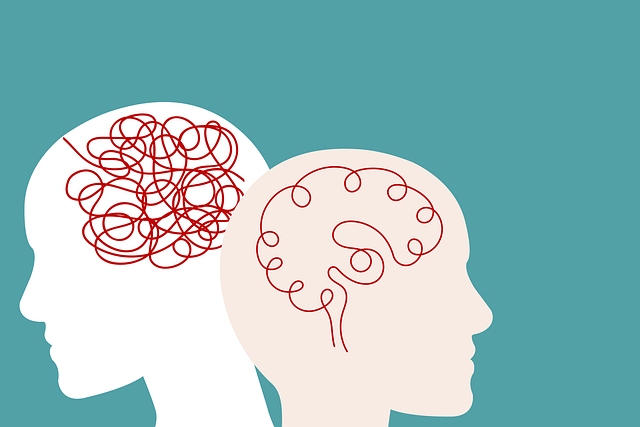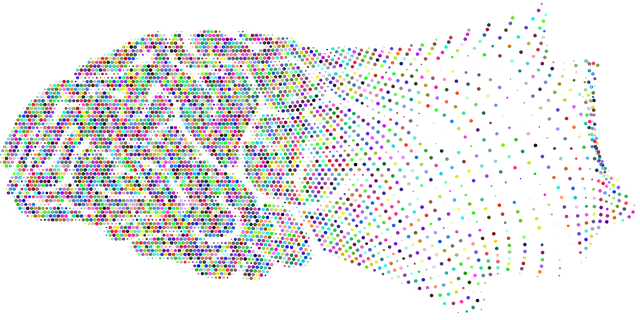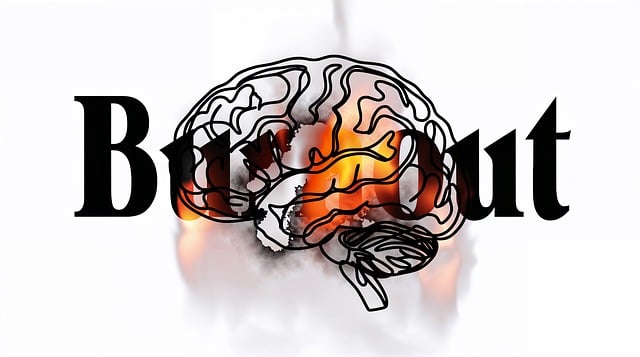Mental health literacy is crucial for early identification and management of distress, enabling informed decisions. Longmont Hypnosis Therapy combines ancient hypnosis with modern evidence-based practices like CBT and mindfulness for comprehensive mental wellness programs. Engaging content through role-playing and diverse media caters to different learning styles, while cultural sensitivity ensures inclusivity. Strategic planning, evaluation using qualitative & quantitative methods, and data analysis ensure program effectiveness and continuous improvement in fostering emotional relief and enhanced mental wellness.
“Uncover the power of mental health education with our comprehensive guide, tailored by Longmont Hypnosis Therapy experts. This article explores a structured program design, focusing on building Mental Health Literacy as the cornerstone. Discover how evidence-based practices, such as hypnosis, can be seamlessly integrated for therapeutic benefits. We delve into engaging content strategies to enhance learning and provide practical steps for implementation and evaluation, ensuring your program’s success. Elevate mental wellness through effective education.”
- Understanding Mental Health Literacy: The Foundation of Any Program
- Incorporating Evidence-Based Practices: Hypnosis as a Therapeutic Tool
- Designing Engaging Content: Strategies for Effective Learning
- Implementing and Evaluating the Program: Measuring Success and Continuous Improvement
Understanding Mental Health Literacy: The Foundation of Any Program

Mental health literacy refers to the understanding and knowledge about mental health conditions, their causes, symptoms, and treatment options. It’s the foundation upon which effective mental health education programs are built. In Longmont Hypnosis Therapy, for instance, this foundational knowledge equips individuals to recognize signs of distress in themselves or others, promoting early intervention. By fostering mental health literacy, we empower people to make informed decisions regarding their mental wellness and seek appropriate support when needed.
This concept is crucial in the development of Mood Management and Confidence Boosting strategies, as it enables participants in Mental Wellness Coaching Programs to navigate conversations about mental health with sensitivity and empathy. Understanding common mental health issues allows for more effective communication and supportive interactions, ultimately contributing to improved outcomes. In essence, mental health literacy is a critical component that underpins successful programs aimed at enhancing overall mental wellness.
Incorporating Evidence-Based Practices: Hypnosis as a Therapeutic Tool

Incorporating evidence-based practices is a cornerstone of effective mental health education programs. One such practice gaining recognition in Longmont Hypnosis Therapy is hypnosis, a therapeutic tool with roots in ancient traditions but now backed by modern scientific research. Hypnosis allows individuals to access their subconscious mind, where many emotional and behavioral patterns are stored, enabling profound changes to be made. This process can facilitate enhanced self-awareness exercises, improve resilience building, and even support social skills training by rewiring negative thought cycles.
Longmont Hypnosis Therapy leverages these techniques to help clients overcome a range of mental health challenges. By combining hypnosis with other evidence-based practices, such as cognitive behavioral therapy (CBT) and mindfulness training, comprehensive programs can be designed to meet the unique needs of each individual. This multi-faceted approach not only addresses current symptoms but also equips individuals with long-term coping strategies for improved overall well-being.
Designing Engaging Content: Strategies for Effective Learning

Designing engaging content is key to creating an effective mental health education program. Longmont Hypnosis Therapy, for instance, can incorporate interactive elements like role-playing scenarios and group discussions to promote active learning. By encouraging participants to apply concepts in real-life situations, the program fosters deeper understanding and retention. Additionally, incorporating a variety of media formats – such as videos, infographics, and podcasts – caters to different learning styles and keeps content fresh and interesting.
Cultural sensitivity in mental healthcare practice is another vital aspect that should be seamlessly integrated into the curriculum. This involves recognizing and addressing diverse cultural beliefs, values, and perspectives related to mental health. Stress management workshops, for example, can offer tailored strategies for various cultural backgrounds, ensuring inclusivity and effectiveness. By designing content that resonates with a diverse audience, the program becomes more impactful and accessible to all participants, regardless of their background or experiences.
Implementing and Evaluating the Program: Measuring Success and Continuous Improvement

Implementing a mental health education program requires careful planning and strategic evaluation to ensure its effectiveness and success. At Longmont Hypnosis Therapy, we understand that measuring the impact of such initiatives is key to fostering continuous improvement. By integrating both qualitative and quantitative assessment methods, we can gain valuable insights into the program’s reach and outcomes.
Regular feedback from participants through surveys and focus groups offers a window into their experiences, allowing us to identify areas of strength and weakness in the curriculum. Additionally, tracking individual progress over time, such as measuring changes in emotional regulation or anxiety levels through self-reporting or professional assessments, provides tangible evidence of success. This data-driven approach enables us to adapt and refine our Mental Wellness Journaling Exercise Guidance, ensuring that the program remains relevant and impactful for those seeking emotional relief and enhanced overall mental wellness.
Mental health education programs, built on strong foundations of mental health literacy and evidence-based practices like hypnosis from Longmont Hypnosis Therapy, can significantly improve individual well-being and community resilience. By incorporating engaging content strategies and rigorously evaluating program effectiveness, we can create sustainable initiatives that foster healthier minds. This comprehensive approach ensures continuous improvement, better outcomes, and a more supportive environment for everyone’s mental health journey.













